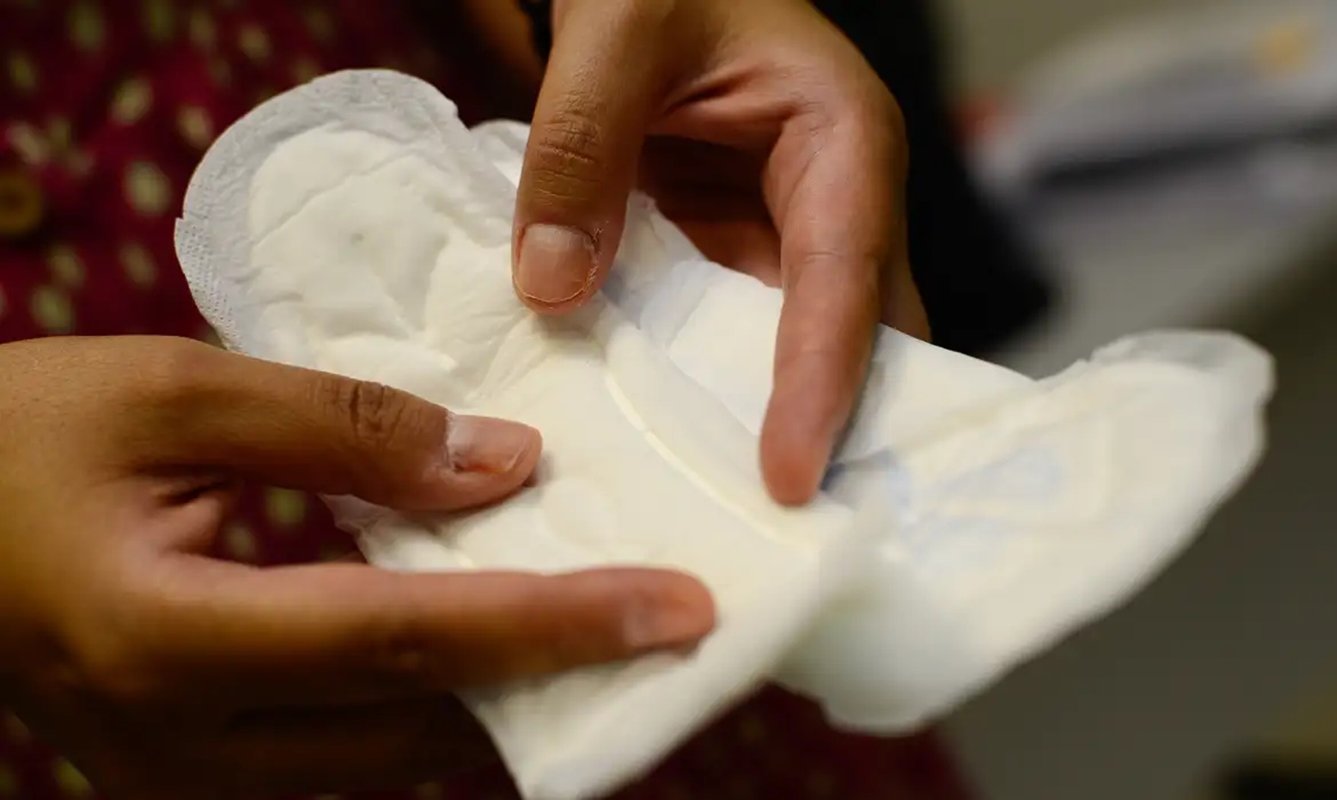As of this Wednesday (17/1), more than 31 thousand units accredited in the Farmácia Popular program began distributing sanitary pads to homeless people. The item will be offered to groups living below the poverty line and enrolled in public schools, homeless or in extreme vulnerability. The prison population will also be covered.
The initiative is part of the menstrual dignity policy adopted by the federal government on March 8 last year, on Women’s Day. To receive the pads, people with a uterus, whether born in Brazil or not, must be registered in the Single Registry (CadÚnico), be between 10 and 49 years old and have a monthly family income of up to R$218 per person.
For students at public educational institutions, the maximum monthly family income per person rises to up to R$706 (half the minimum wage). There is no income limit for homeless people. The program seeks to reach around 24 million people.
Requirements
To access the benefit, people must present a personal identification document with the Individual Taxpayer Registry (CPF) number and the Menstrual Dignity Program Authorization, in digital or printed format, generated via the Meu SUS Digital application or website. valid for up to 180 days.
If you have difficulty accessing the application or issuing authorization, you are advised to look for a basic health unit (UBS). People who are homeless or vulnerable can pick up sanitary pads at social assistance reference centers, reception centers and Street Clinic teams.
For people detained in units of the penal system, the distribution will be coordinated and executed by the Ministry of Justice and Public Security, being distributed directly to prison institutions.
In a note, the Ministry of Health highlighted that the action contributes to combating social inequalities caused by poverty and constitutes “an important step forward in guaranteeing access to menstrual dignity”.
“Menstruation is a natural process, which occurs throughout the world with at least half of the population. Even so, data from the United Nations (UN) indicate that menstrual poverty, associated with the taboos that still surround this condition, can lead to school dropout and unemployment. In Brazil, one in four girls misses school during their menstrual period and around four million suffer from lack of hygiene in the school environment (access to sanitary pads, bathrooms and soap)”, explains the note.
The guidelines are also available on Dial Saúde 136.
*With information from Agência Brasil









